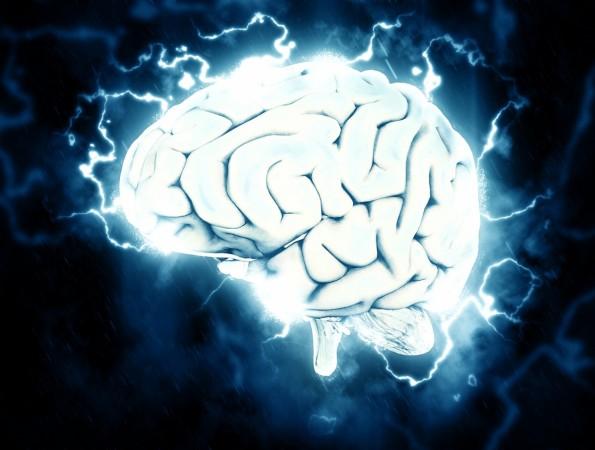
A recent study shows that a brain implant could stop sexual predators from attacking by zapping them in their 'moment of weakness'.
Scientists at Stanford University have discovered that the brain sends out a signature pattern of electrical activity in a small, deep-brain region' before a burst of impulsive behaviour. The electrical activity occurs in an area of the brain known as the nucleus accumbens.
The area reinforces survival -- promoting actions such as obtaining food or sex. These impulses are normal and necessary for survival. However, in some cases, the impulsive behaviour can be pathological and can lead a person to make some poor decisions and act on them.
The good thing is, now, the scientists have discovered what the signal looks like and how it can be switched off.
The method could not only stop sexual predators but also combat substance-abuse disorders, obesity, pathological gambling, sexual addiction, suicide or intermittent explosive disorder
The research team discovered similar patterns in mice that had learnt to binge eat fatty food. They saw that as soon as they supplied a small electrical pulse to the nucleus accumbens, the electrical signature manifested prevented the mice from binge eating fatty food. It did not affect their intake of normal food, social behaviour or other physical activity.
Lead author Casey Halpern said: "We've identified a real-time biomarker for impulsive behaviour."
Halpern also says that the study's findings could lead to an implantable device that could monitor the nucleus accumbens and wait for the tell-tale signal before the burst of impulsivity; it will then immediately deliver a measured dose of electricity. This intervention may prevent the impulsive behaviour of the person.
"Imagine if you could predict and prevent a suicide attempt, a heroin injection, a burst of binge eating or alcohol intake, or a sudden bout of uncontrolled rage," said Halpern.
Brain implants are already used to deliver charges to patients suffering from Parkinson's disease to prevent tremors. But, this is for the first time it has been shown that it can stop harmful behaviours as well.
"There's no available responsive neurostimulation intervention for dangerous impulsive behaviour yet because until now no one's been able to document a characteristic signature in the brain that could be used for triggering pulse delivery by the device," said Halpern. In the new experiment, the scientists were able to show that the signal existed.
The research was published in the journal Proceedings of the National Academies of Sciences.









